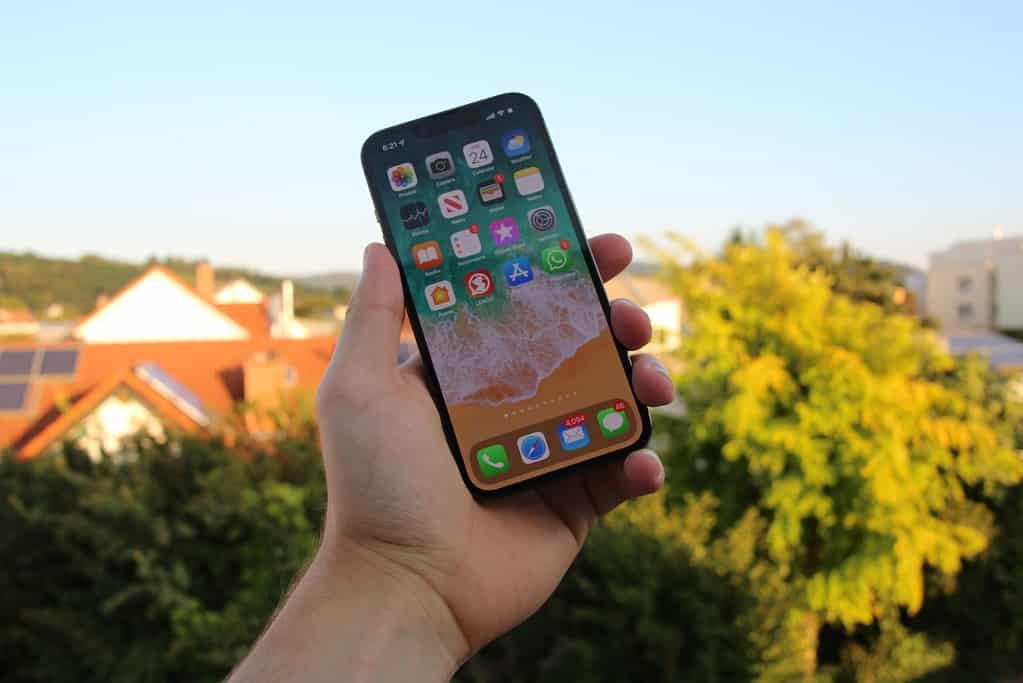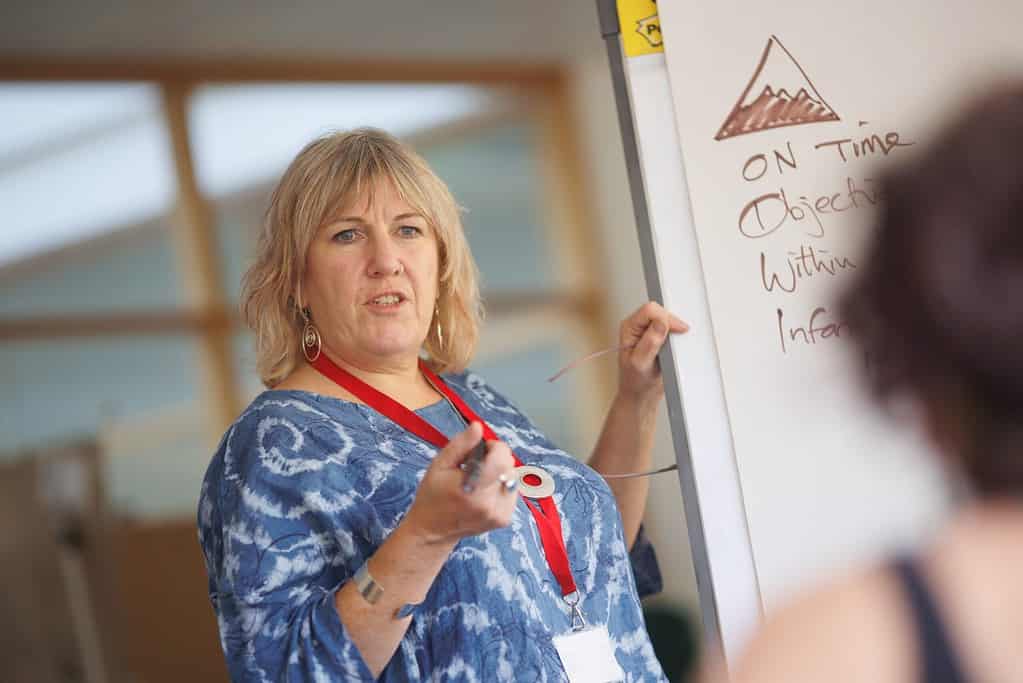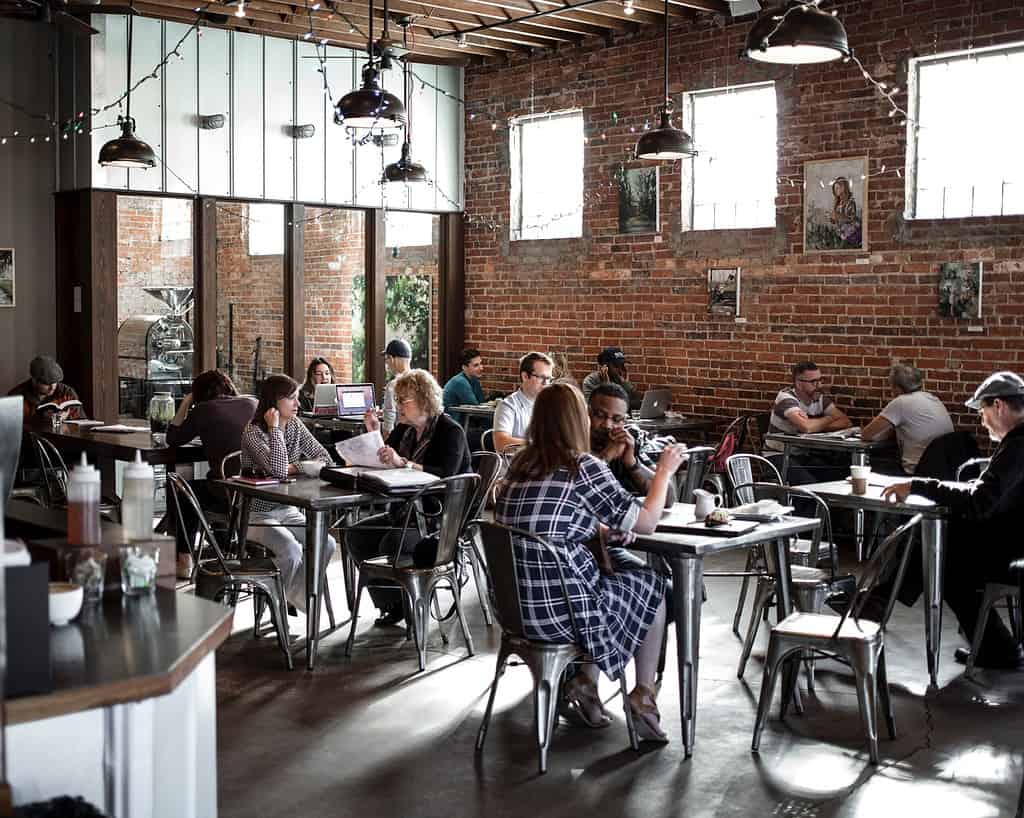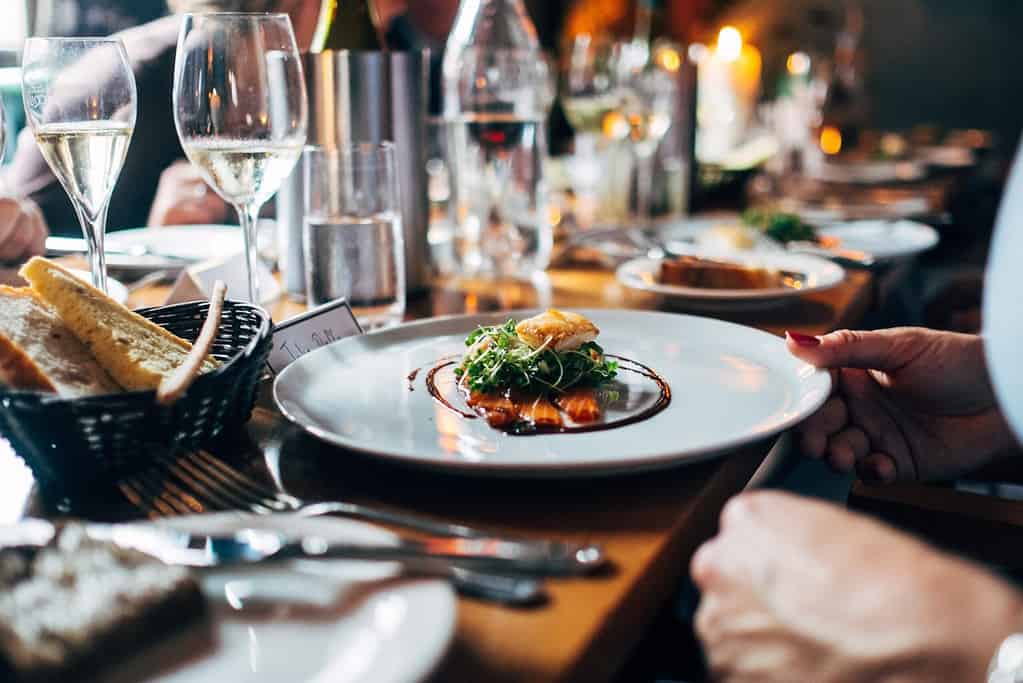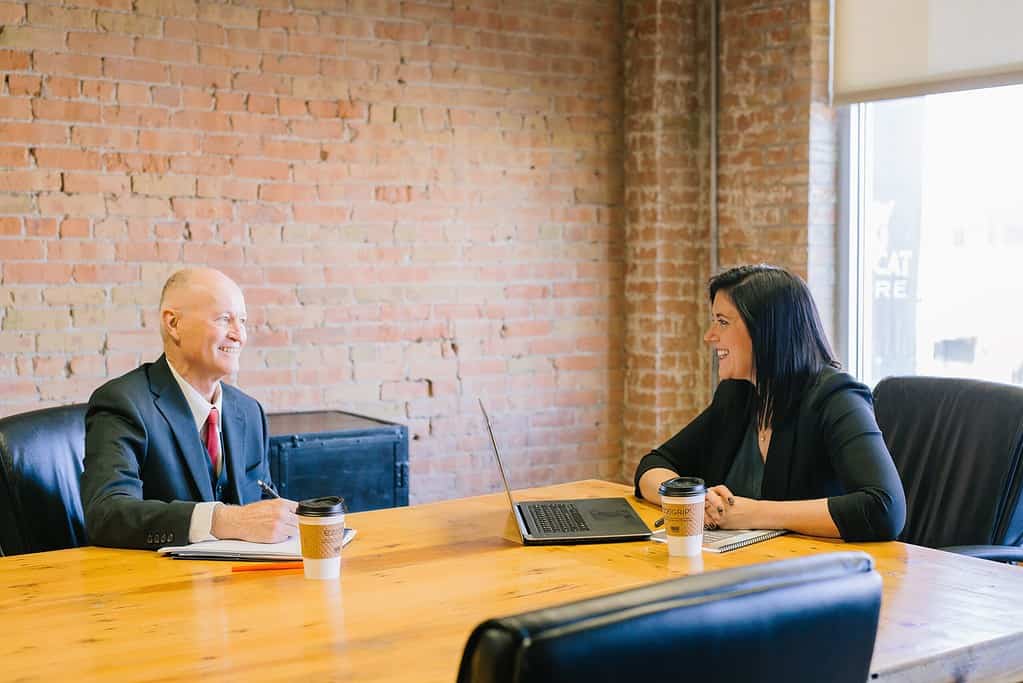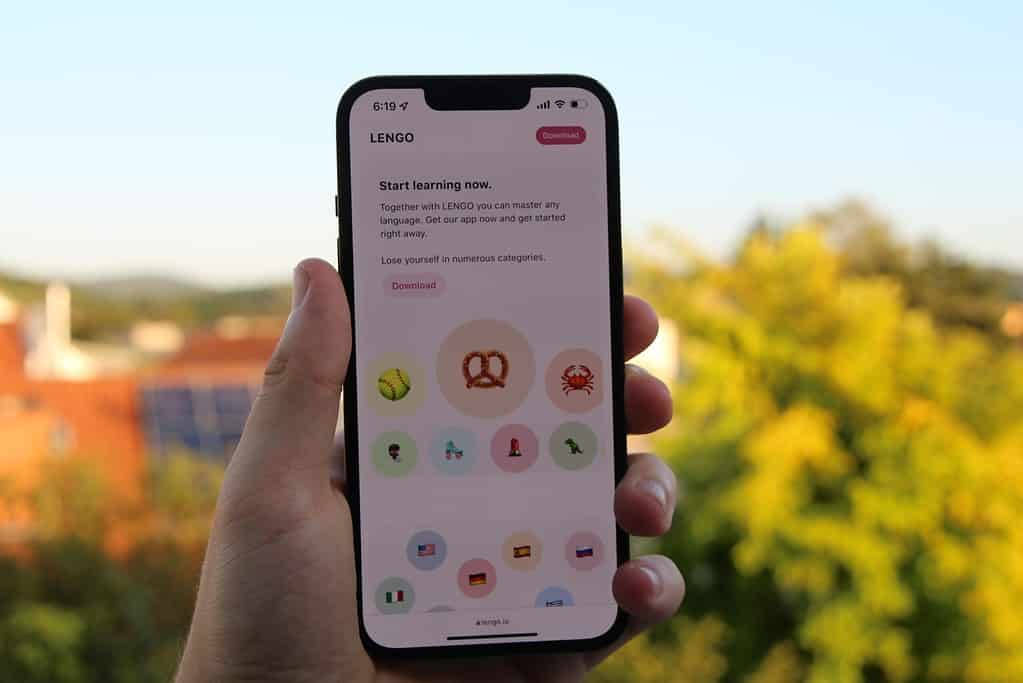Learning French through podcasts is an exciting journey that combines entertainment with education, allowing you to blend your daily routine with immersive language practice. Podcasts provide authentic dialogue, cultural nuances, and the convenience of learning on the go. If you’re eager to elevate your French listening skills and vocabulary, explore our curated podcast suggestions and tips below. And for those moments when you need live practice, check out swaplang, where you can connect with native speakers for 1-to-1 dynamic language exchanges.
Benefits of Learning French Through Podcasts
Podcasts offer a unique learning experience that goes beyond traditional textbook exercises. They expose you to a variety of speaking styles, colloquialisms, and even regional accents that are often absent in classroom settings. According to an article on Podcast Inc – The Impact of Podcasting on Language Learning, engaging regularly with podcasts helps learners build vocabulary and attune their ears to conversational flow. The informal nature of podcasts makes them perfect for mimicking real-life interactions—a key element to mastering spoken French. In addition, podcasts allow you to learn at your own pace; whether you pause to replay a challenging segment or fast-forward through familiar content, you’re in complete control of your learning pace. This low-pressure environment can boost your confidence and help reduce the anxiety that often comes with speaking a new language.
Top French-Language Podcasts for Beginners
For beginners, the initial exposure to French can be daunting. Start with podcasts that specialize in slow, clear speech and structured conversations designed to introduce basic vocabulary and common phrases. Many beginner podcasts incorporate storytelling with practical language tips, making each episode both entertaining and educational. If you enjoy a narrative style, look for podcasts that describe everyday scenarios—from ordering at a cafe to catching a bus in Paris. These simple stories allow you to absorb the natural rhythm of spoken French while contextualizing new words. As you listen, try jotting down recurring phrases and expressions, and compare them to the conversations you have on platforms like mastering French conversation on swaplang. By supplementing your podcast listening with interactive sessions, you bridge the gap between passive learning and active speaking.
Podcasts for Intermediate Learners
Once you’ve established a firm grasp of basic vocabulary and sentence structures, intermediate podcasts provide that extra challenge to enhance your understanding of more nuanced conversation. Intermediate podcasts often delve into cultural discussions, current events, and interviews with native speakers—all delivered at a natural pace. The real-life dialogue in these podcasts helps refine your comprehension skills and introduces you to regional accents and expressions. Research from Academia Today on Using Podcasts for Language Learning emphasizes how consistent exposure to varied speech patterns leads to faster vocabulary acquisition and improved listening comprehension. Engage with content that covers topics you find intriguing, be it French cuisine, art, or the latest in French pop culture. Balancing these listening sessions with practice on platforms like swaplang can accelerate your progress, as you’ll soon be applying the vocabulary and expressions you’ve heard in live conversations.
Advanced Podcasts to Challenge Your Skills
For those ready to push their boundaries, advanced French podcasts open up a world of sophisticated and fast-paced dialogues. These podcasts often feature expert interviews, deep-dive discussions concerning French politics, literature, or history, and conversational banter that includes idiomatic expressions and slang. As noted in a detailed discussion by The Power of Podcasts in Language Learning, advanced learners benefit immensely from high-level content that mimics the spontaneous nature of native conversations. Listening to such content can not only boost your vocabulary but also refine your ear for subtle nuances in intonation and rhythm. It’s a bit like going to a French film screening without subtitles—challenging, a little intimidating, but ultimately incredibly rewarding. When you encounter unfamiliar expressions, note them down and try to incorporate them later into your conversation practice, perhaps during a live session on swaplang, where real-time feedback is invaluable.

Tips for Integrating Podcasts Into Your Routine
Incorporating podcasts into your daily routine doesn’t have to be complicated. Start by selecting episodes that align with your interests, ensuring that each session is enjoyable rather than feeling like a chore. Listen during your commute, while exercising, or as background activity during household tasks. One practical tip is to set daily or weekly goals—for example, dedicating 20 minutes a day to listen actively, and another 10 minutes to jot down new vocabulary. A piece from Tongue Tactic on using podcasts suggests that even short, consistent sessions can lead to significant improvements over time. Additionally, mix up the content: alternate between beginner, intermediate, and advanced podcasts to keep your learning curve steady. For learners seeking immediate application of what they’ve picked up, consider scheduling regular language exchanges on swaplang. Engaging in live conversation not only reinforces the new vocabulary and phrases but also builds the confidence necessary to use French in everyday scenarios.
If you’re serious about transforming your French listening and speaking skills, integrating podcasts into your study routine is an accessible and effective strategy. And when you’re ready for live practice, sign up for swaplang to connect with native speakers and truly speak French faster. For more creative learning routes, you might also want to explore how video games can immerse you in a French-speaking environment through engaging gameplay or discover the subtleties of pronunciation with expert tips that help you sound like a native. Happy listening, and bonne chance!



